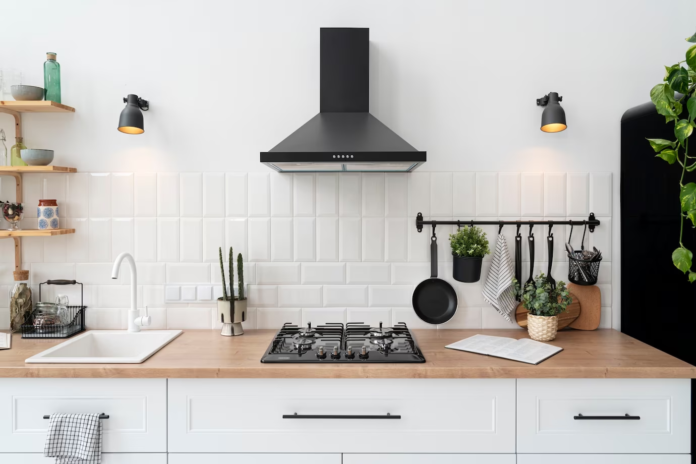Dealing with ants in the kitchen can be a frustrating and persistent problem for homeowners. These tiny insects can quickly invade your food storage areas, contaminate surfaces, and become a nuisance. In this article, we’ll explore effective strategies to eliminate ants from your kitchen and prevent future infestations.

Identifying the Ants:
Before you can effectively tackle an ant problem in your kitchen, it’s essential to identify the type of ants you’re dealing with. Common ants found in kitchens include sugar ants, carpenter ants, and pharaoh ants. Each species may require different treatment methods, so accurate identification is crucial.
1. Locate Entry Points:
Inspect your kitchen thoroughly to identify possible entry points where ants may be gaining access. Common entry points include cracks in walls, gaps around windows and doors, and openings around plumbing fixtures. Seal these entry points using caulk or weatherstripping to prevent ants from entering your kitchen.
2. Clean Thoroughly:
Ants are attracted to food residue and crumbs left behind on countertops, floors, and inside cabinets. Keep your kitchen clean by wiping down surfaces regularly, sweeping floors, and promptly cleaning up spills. Pay particular attention to areas where food is stored or prepared, such as pantries, cupboards, and under appliances.
3. Use Natural Repellents:
Certain natural substances can repel ants and deter them from entering your kitchen. Sprinkle cinnamon, black pepper, or dried mint near entry points and along ant trails to create barriers that ants are reluctant to cross. You can also place bay leaves or cloves in cabinets and pantry shelves to repel ants.
4. Set Traps and Baits:
Commercial ant baits and traps can be effective in attracting and killing ants within your kitchen. Place bait stations near ant trails and areas where ants are frequently seen. These baits contain a slow-acting poison that ants carry back to their colony, effectively eliminating the entire ant population.
5. Use DIY Solutions:
Create homemade ant repellents and sprays using common household ingredients. Mix equal parts vinegar and water in a spray bottle and spray it along ant trails and entry points. You can also create a solution using borax and sugar to attract ants, which they will carry back to their colony, resulting in their demise.
6. Address Outdoor Nests:
If you notice ants entering your kitchen from outdoor nests, take steps to eliminate these nests to prevent further infestations. Pour boiling water over ant hills and nests located near your home, or use commercial ant killers specifically formulated for outdoor use.
7. Consult a Professional:
If your ant infestation persists despite your best efforts, consider seeking assistance from a professional pest control company. Experienced pest control technicians can identify the source of the infestation and implement targeted treatments to eliminate ants from your kitchen and prevent future problems.
Conclusion:
Dealing with ants in the kitchen requires a combination of preventative measures, diligent cleaning, and targeted treatments. By identifying entry points, maintaining cleanliness, using natural repellents, setting traps and baits, addressing outdoor nests, and seeking professional assistance when needed, you can effectively eliminate ants from your kitchen and keep your home pest-free. With persistence and patience, you can reclaim your kitchen from unwanted ant invaders.
Also read: How to Replace a Kitchen Faucet: A Step-by-Step Guide


